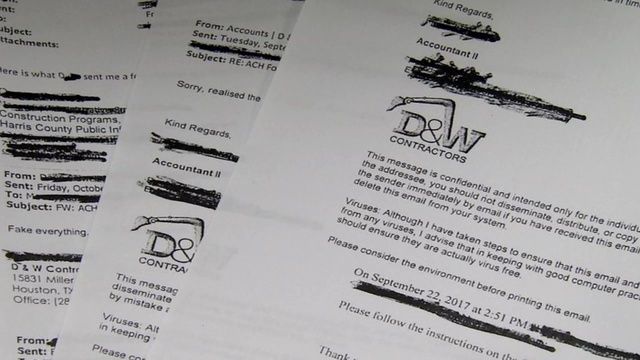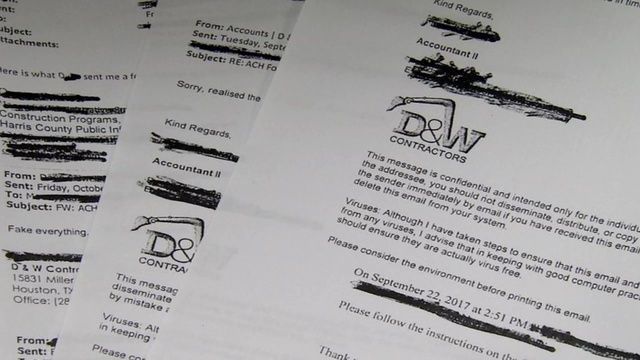The internet has been creating business opportunities for people ever since its introduction to the public in the 90s. Time and again, we've seen companies like Google and Amazon go from humble beginnings to absolutely unbelievable billion dollar empires, all based around providing a product or service that people didn't know they wanted.

However, for as long as there have been legitimate internet businesses, there have been people who've tried to profit off of people online through much less savory means. This has lead to a massive, MASSIVE boom of web-based scams, some of which you've almost definitely heard of. Scams like the Nigerian Prince messaging you to send him money, or getting a popup from "Microsoft" asking you to give them your credit card information.

These scams are insidious because they prey on the ignorance of people who aren't very computer-savvy. Fortunately as more and more people get interested in technology, they happen to be getting smarter about being careful, but even still, sometimes a scam presents itself just too well.

Case and point: government officials from Harris County, Texas nearly lost a whopping $1 million to an email scam that was based out of the UK...
In what they thought was a series of emails between them and one of their contractors, the County were asked to provide payment to a different bank account than previously used, and were even sent a blank, void check with the account number on it. However, after they had already sent the account a whopping $885,000, it was discovered that the account was a fraudulent one.

"We hit the button, the money went out," said County Treasurer Orlando Sanchez. "$885,000 on a Friday night. Late Friday, we find out it's a fraudulent operation and as you know, once that money is deposited somewhere else, and particular wire transfer, you don't get that back."
Fortunately, the County was able to recover the money after discovering their mistake, and an investigation is underway as to the identity of the fraudsters, who apparently sent their emails from the UK.

"This is all new and different," said Chris Bronk, a professor at the University of Houston College of Technology. "We now live in a world where people have committed cyber fraud to rob national, state banks of countries."

